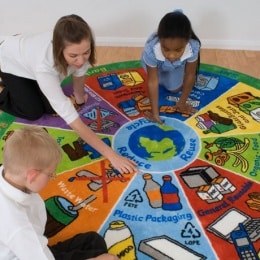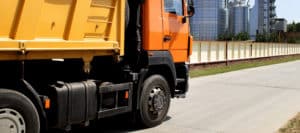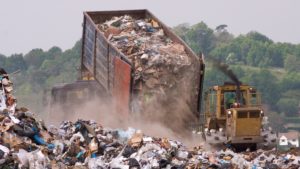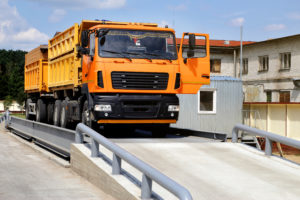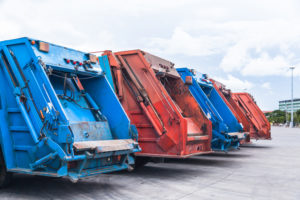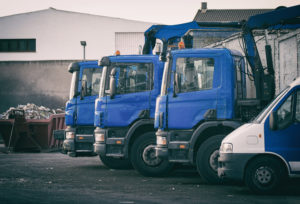I was recently given a copy of an article with the title Recycling is Garbage. This article, written by John Tierney and published in the NY Times in 1996 has become an oft-quoted argument against recycling. Mr Tierney took a highly economic-rationalist view of recycling, arguing that, while a small proportion of waste could be economically recycled, the majority of waste was just that (waste) and should be sent to landfill. In Mr Tierney’s words: ‘Recycling may be the most wasteful activity in modern America: a waste of time and money, a waste of human and natural resources’.
Mr Tierney contended that it was cheaper to send most waste to landfill, going so far as to cost a New Yorker’s office space used by the recycling bin, as well as his time to separate the waste. On this basis, I’d be interested in a study of the economic impact of smokers heading off for their regular cigarette through the working day.
A large proportion of the article focussed on the economics of sending waste to landfill as opposed to recycling, however this focuses on only a small part of the picture. It discounts environmental damage from landfills and increased energy usage caused by the extraction and processing of raw materials.
The article also claims that the ‘small’ amounts of toxic materials such as lead and mercury which end up in landfill are safely ‘locked in’ to the landfill site. It has been found that the leachate from modern landfills contains significant amounts of these (and many other) contaminants which must then be isolated from ground water and water ways and treated. Recent initiatives such as the National Television and Computer Recycling Scheme have been introduced to reduce the volume of heavy metals, plastics etc. being sent to landfill or released into the atmosphere through incineration.
Even seemingly benign waste such as paper, cardboard and other organic waste generate noxious and dangerous gases such as methane. One of my clients has a facility built on a reclaimed landfill site. After several years on the site the landfill started leaking dangerous amounts of methane, seriously impacting the company’s operations. In 2008 a number of families in the Brookland Greens Estate were evacuated when the closed Cranbourne tip started leaking dangerous levels of methane.
Mr Tierney argues that government regulation has forced the recycling of materials at a far greater cost than that of sending it to landfill. This may be the case from a purely economic-rationalist point of view. On the other hand, this requirement to recycle materials has led to innovation and development which has, in many cases, reduced recycling costs and improved tangible and intangible environmental outcomes.
Recycling is, most definitely, not garbage.
